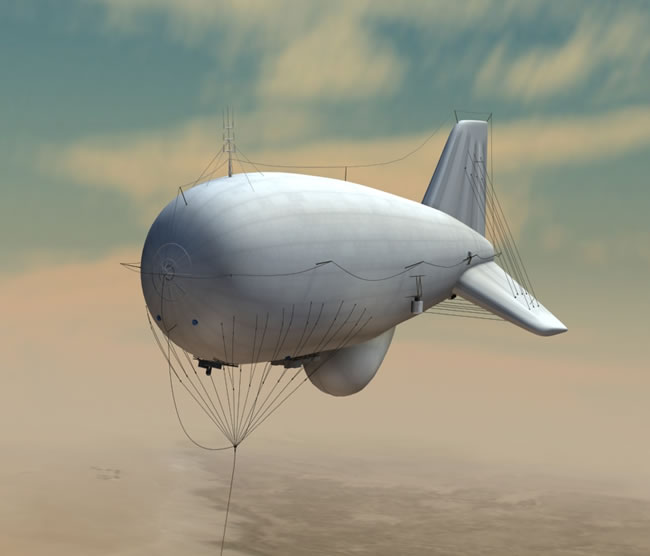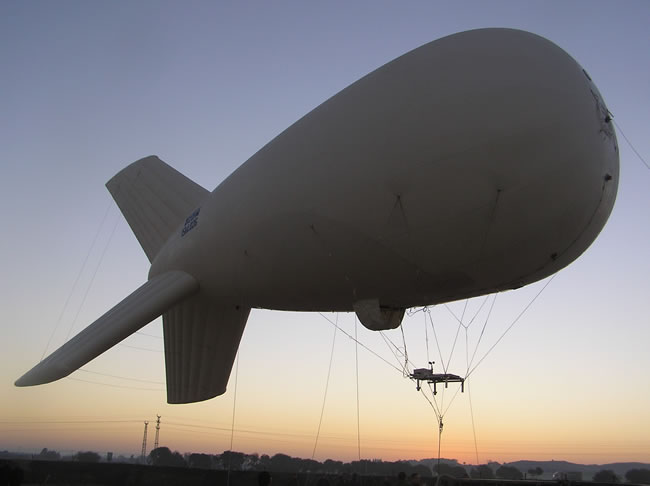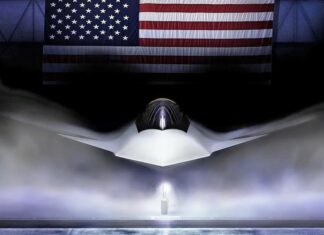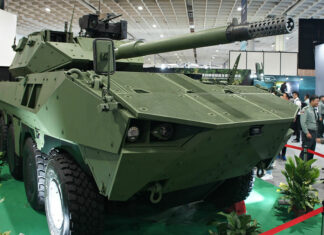

India and Israel are negotiating a follow-on delivery of four aerostat systems, augmenting the first delivery of aerostats that has already been deployed along India’s north-eastern border. Both India and Pakistan are deploying aerostat-borne radars along their border to tighten control over this sensitive area.
RAFAEL, the prime contractor for these aerostat systems has delivered 71 meter aerostat systems to India, this program is currently moving toward completion, with follow-on deliveries of additional four units under discussion. These aerostats carry a variety of sensors, including EL/M-2083 air surveillance radars provided by IAI Elta Systems, communications intelligence (COMINT) and Signals Intelligence (SIGINT) payloads providing persistent, all-weather wide-area coverage of sensitive border areas, particularly covering sectors where land-based radars offer limited coverage, due to the topography or other limiting factors. At that altitude, a large aerostat can carry a two ton payload. The cable also supplies power, which means the blimp can stay up for about 30 days at a time before it has to be brought down for maintenance on its radars. Often, two radars are carried. One is a surveillance radar, the other is a precision track and illumination radar (PTIR). The surveillance radar provides long-range coverage (about 500 kilometers for the EL/M-2083), while the PTIR, which is a steerable system capable of tracking multiple targets, can focus in on items of interest.
 These 71 meter aerostats are built by US Aerostat specialist TCOM, and are among the largest currently available. India is expected to buy additional aerostats, and, in fact, is already considering future procurement of additional systems of various classes, as part of an international tender. RAFAEL is expected to be one of the companies to be invited to participate, pitted against competitors from Israel, USA and Europe. Domestic competitors could also appear for smaller aerostat platforms, although the indigenous Indian aerostat (Akashdeep) is not expected to be available in the high volume class for years to come.
These 71 meter aerostats are built by US Aerostat specialist TCOM, and are among the largest currently available. India is expected to buy additional aerostats, and, in fact, is already considering future procurement of additional systems of various classes, as part of an international tender. RAFAEL is expected to be one of the companies to be invited to participate, pitted against competitors from Israel, USA and Europe. Domestic competitors could also appear for smaller aerostat platforms, although the indigenous Indian aerostat (Akashdeep) is not expected to be available in the high volume class for years to come.
Operating an aerostat system is a complex task, maintaining several tons of payload suspended in an aerostat, keeping it in position even in high winds, even the 20,000 foot long tether connecting the aerostat to the ground and supplying power weighs several tons.




















